
Number of active ransomware groups increases over 50 percent
A new report from dark web intelligence specialist Searchlight Cyber shows a 56 percent increase in the number of active ransomware groups this year compared to the first half of 2023, reflecting a diversification of the ransomware landscape.
LockBit has retained its top position despite the disruption caused by Operation Cronos, though its number of listed victims has fallen compared to H1 2023.
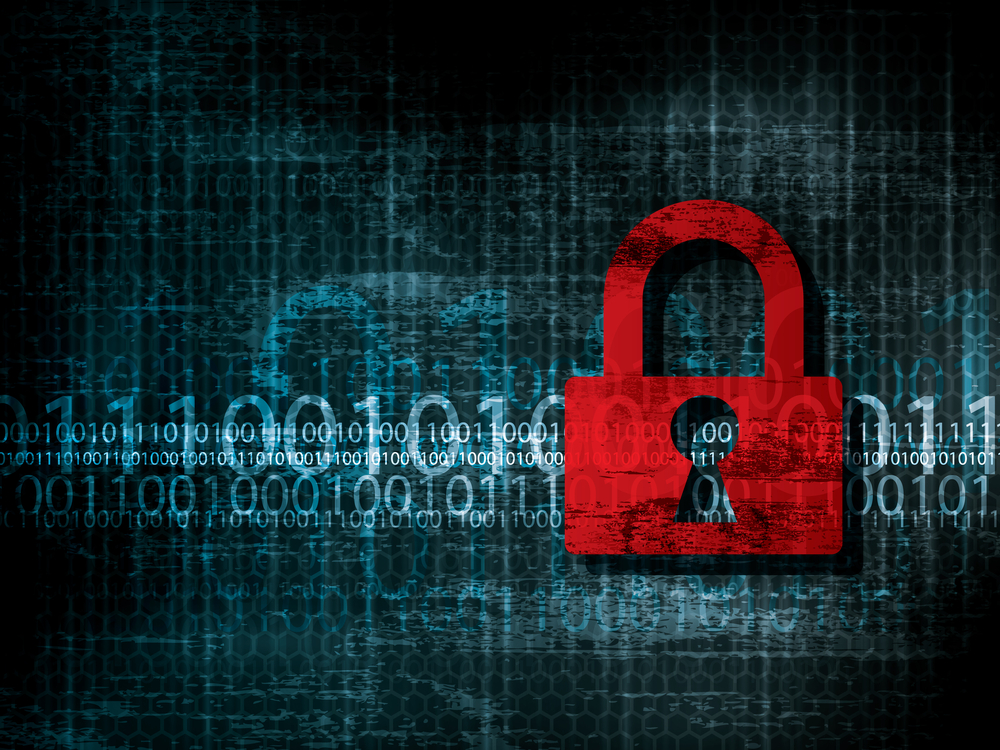
Vulnerabilities surge by 43 percent over 2023
Published vulnerabilities have increased by 43 percent compared to H1 2023, with 23,668 vulnerabilities reported in H1 2024 according to a new report from Forescout.
The average number of new CVEs per day is 111 or 3,381 per month, and 20 percent of exploited vulnerabilities affected VPN and network infrastructure.

Vulnerabilities rise in first half of 2024
So far this year, vulnerabilities have risen by 11 percent and the availability of publicly known exploits has increased by six percent.
The latest Cyber Threat Intelligence Index from Flashpoint reveals 17,518 newly disclosed vulnerabilities in the first half of the year. Also, over 45 percent of all vulnerabilities disclosed in H1 2024 are rated high to critical in CVSSv3.
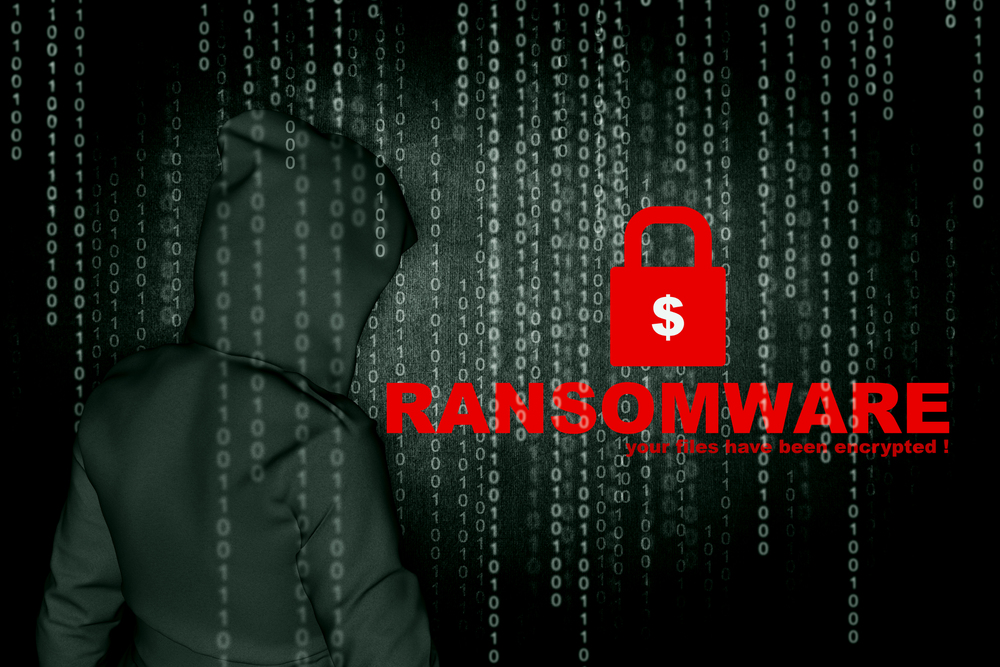
Ransomware productivity shows signs of leveling off
According to a new report, ransomware productivity has shown signs of leveling off in 2024, however, the frequency of attacks and ransom payments collected remains higher in the first half of 2024 compared to the same periods in 2022 and 2023.
The report from WithSecure suggests law enforcement actions, notably the take down of the Lockbit ransomware group in February 2024, have played a critical role in disrupting major ransomware operations.

Ransomware attacks rise over 60 percent
In the last year, the US has experienced a dramatic 63 percent increase in ransomware attacks, with the UK seeing an even greater rise of 67 percent.
The latest State of Ransomware report from Malwarebytes shows the share of attacks carried out by gangs outside the top 15 increased from 25 percent to 31 percent, indicating that ransomware is becoming more accessible to a broader range of cybercriminals.

Tracing the destructive path of ransomware's evolution
The year is 1989. “Rain Man” wins the Academy Award for Best Picture. Motorola releases the world’s smallest and lightest phone. The Berlin Wall falls. Taylor Swift is born. It also begins the dawn of a new era of cyber extortion.
The AIDS Trojan arrived innocuously, distributed via floppy disk to public health professionals. But it harbored a nasty surprise. After the 90th PC reboot, it cryptographically locked victims’ hard drives, demanding a $189 payment to unlock files. While this attack was thwarted easily, it changed the game. Over the next 30 years, ransomware proliferated from curiosity to a catastrophic threat fueled by an unrelenting arms race between extortionists and security teams.

Ransomware groups develop more sophisticated business models
Ransomware groups continue to refine their craft, building and scaling business models that resemble legitimate corporate enterprises according to a new report.
The latest Ransomware Radar Report from Rapid7 finds smaller organizations are becoming a more frequent target too. Companies with annual revenues around $5 million are falling victim to ransomware twice as often as those in the $30-50 million range and five times more frequently than those with a $100 million revenue.

Ransomware in the global healthcare industry
The World Health Organization (The WHO) hosted a webinar on the 18 July to discuss the critical importance of cybersecurity in the healthcare sector, highlighting the severity of the situation the industry is currently facing. Healthcare organizations are increasingly relying on digital systems to facilitate their daily workflow, but the prevalence of outdated legacy technology in the sector is rendering it vulnerable to cyber-attacks with severe consequences.
As has been demonstrated with recent high-profile attacks on healthcare organizations, such as the US’ Ascension and Change Healthcare incidents, and the UK’s NHS attack, the healthcare industry must review its priorities, the threats it faces, and its security measures, without delay.

Report highlights cyber risks to the aviation industry
It's fair to say that no industry is truly safe from cyber attacks these days, the aviation sector is at particular risk due to the volume of customer data it handles and the potential to cause widespread disruption.
A new report from SecurityScorecard focuses on cybersecurity vulnerabilities across the airline industry and its various supply chains.
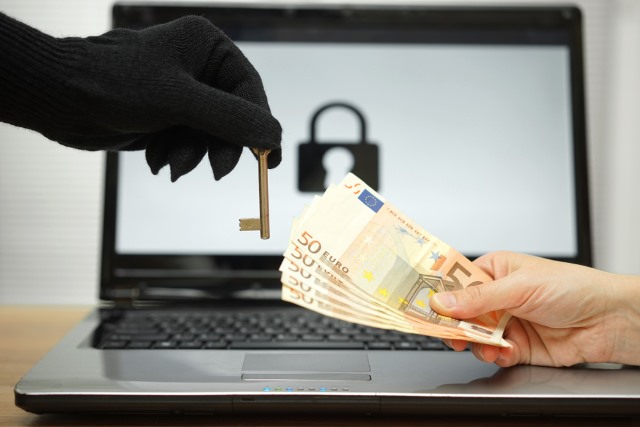
Enterprises face serious ransomware epidemic
A new global ransomware study of nearly 1,000 organizations in a variety of industries finds most firms are facing a never-ending series of breaches, a serious epidemic that leaves them continuously in the crosshairs of ransomware gangs.
The study from Semperis also shows that 39 percent of attacked companies in the US, UK, France and Germany paid a ransom four times or more in the past 12 months.
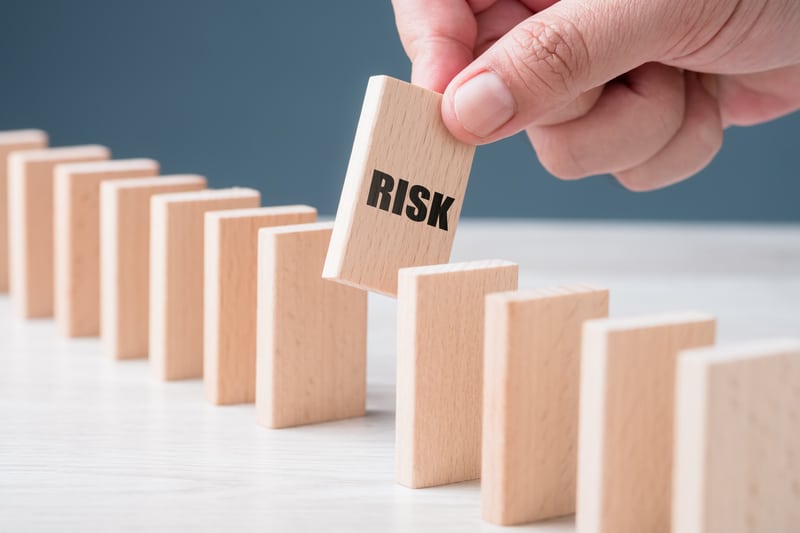
How risk profiling can help prevent cyberattacks [Q&A]
Recent cyberattacks like Volt Typhoon, BlackCat ransomware syndicate, and NuGet serve as stark reminders of the critical importance of monitoring cyber risks as these attacks could all have been prevented.
We spoke to Randy Watkins, chief technology officer at Critical Start, to discuss why organizations must know the difference between cyber risks and threats, and how those enterprises that fail to mitigate against cyber risk will remain reactive, and ultimately fall behind their competitors.

The real impact of AI on ransomware
Artificial intelligence is the biggest topic of 2024. While some are already tired of seeing AI constantly in the headlines, it will only become more prevalent. Keeping up with how it changes business practices is then critical. AI is undeniably disrupting most digital industries, including cybercrime.
As a result, it is important to cut through the hype and get to the facts about AI. A lot has been said about AI's potential impact on the global ransomware threat, but what is the real impact?
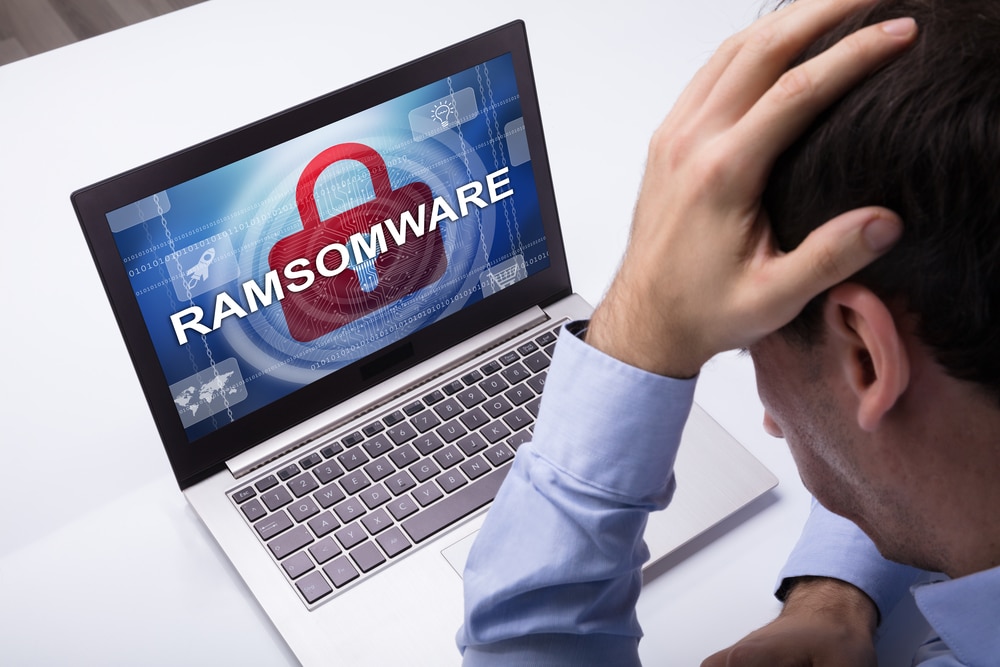
Organizations suffer multiple ransomware infections
A new report reveals that organizations are suffering multiple ransomware infections, 18 percent have suffered a ransomware infection 10 or more times in a 24-month period, a further 18 percent were infected five to nine times, and 30 percent were infected between two and four times.
The study from anti-ransomware platform Halcyon also shows that data exfiltration occurs in nearly every major ransomware attack today, and nearly 60 percent of respondents say that sensitive or regulated data was exfiltrated from their organization, with 55 percent reporting the attackers issued an additional ransom demand to protect the exfiltrated data.
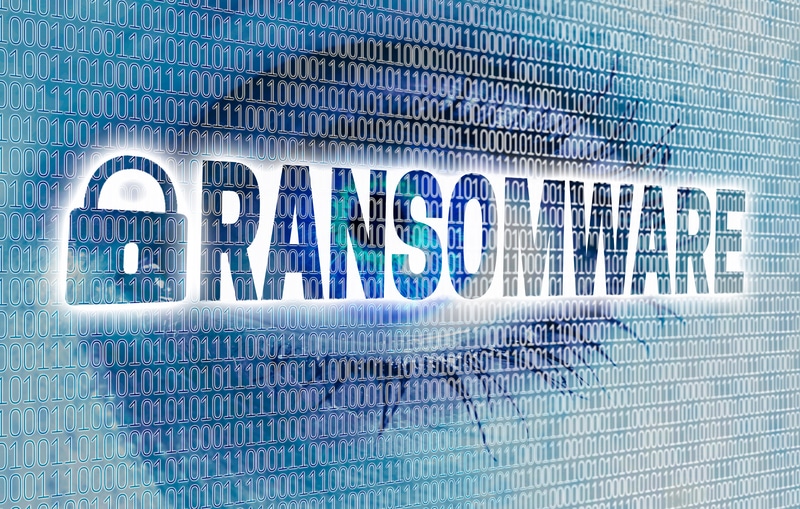
Ransomware up 33 percent in May as new groups emerge
The latest GRIT Ransomware Report from GuidePoint Security shows that May this year resulted in a 33 percent increase overall in ransomware activity compared to April 2024, indicating a degree of seasonality given a similar increase month-on-month in May 2023 relative to April 2023.
May 2024 closed with an increase in overall victim volume. However, a deep review reveals that the rise was driven disproportionately by LockBit's 175 posted victims, accounting for 37 percent of the month’s total publicly posted ransomware victims.

Ransomware victims unable to recover over 40 percent of affected data
Ransomware remains an ongoing threat for organizations and is the largest single cause of IT outages and downtime as 41 percent of data is compromised during a cyberattack, according to the latest Veeam 2024 Ransomware Trends Report.
The report, based on 1,200 responses from organizations that have faced a security incident, reveals that only 57 percent of the compromised data is usually recovered, leaving organizations vulnerable to substantial data loss and negative business impacts as a result.
